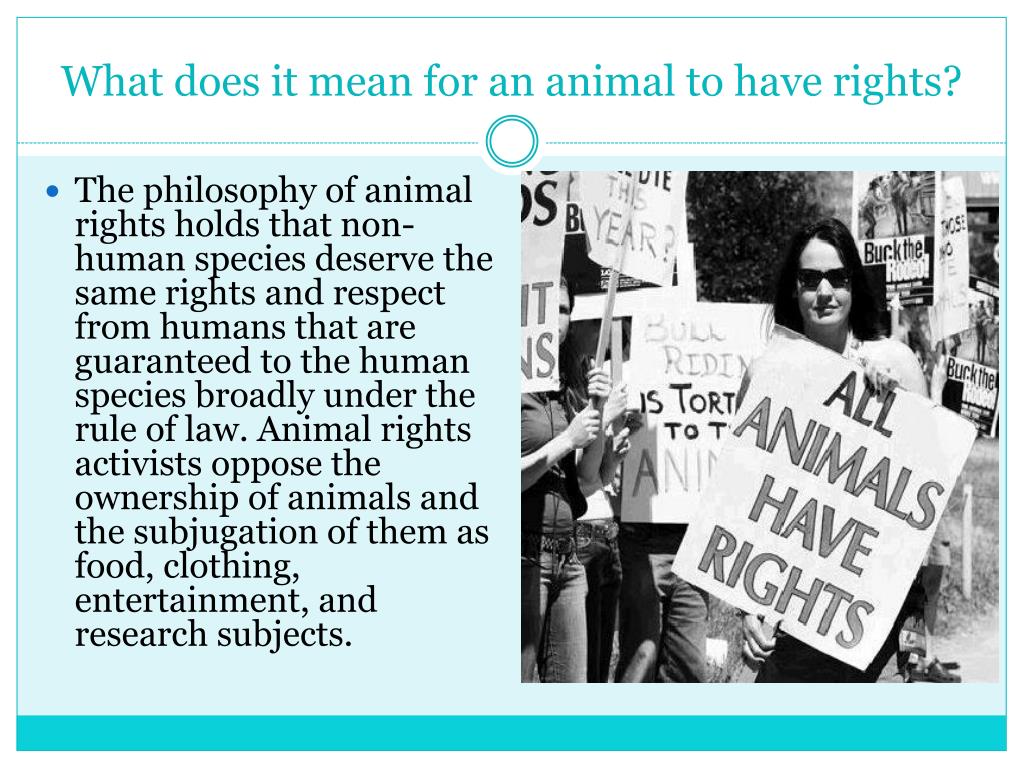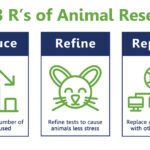The question of whether animals deserve respect just like humans is both profound and complex. It intersects with ethics, philosophy, biology, and our inherent societal norms. To embark on a detailed investigation of this matter, we must first recognize what respect entails and the foundational beliefs underpinning human-animal relationships.
Respect is often linked to the acknowledgment of intrinsic value. For many, this value is reserved exclusively for humans. However, if we peel back the layers of this assumption, we begin to unveil compelling evidence that animals, too, possess qualities meriting recognition. The consciousness and emotional depth of numerous animal species challenge simplistic notions of superiority. As we explore this dimension, we are beckoned to rethink traditional hierarchies.
To understand the respect animals deserve, we must first examine their cognitive abilities. Scientific studies have demonstrated that various species exhibit remarkable intelligence. For instance, cephalopods such as octopuses display problem-solving skills and even sophisticated play behavior. Elephants showcase empathy and mourning rituals, revealing a profound emotional intelligence that parallels our own. Such capabilities necessitate a shift in our perspective: if we value intelligence in humans, should we not accord similar recognition to other sentient beings?
Moreover, the moral framework guiding our interactions with animals is imperative to consider. Philosophers like Peter Singer advocate for the theory of utilitarianism, which argues that the capacity to suffer is a key benchmark for moral consideration. Animals are capable of experiencing pain, fear, and stress – feelings that warrant ethical attention. The ethical implications become crystal clear in the context of factory farming, where the prioritization of profit often subjugates animal welfare. The mere existence of suffering in animals should implore society to establish a more respectful and humane framework for treating all living beings.
It is also essential to address the ecological argument for respecting animals. Ecosystems are intricate webs of interdependence where each species plays a pivotal role. Biodiversity sustains the health of our planet, and the extinction of a single species can have cascading effects. Acknowledging the respect that animals inherently deserve translates into holistic environmental stewardship. Respecting ecosystems means understanding that humans are but one thread in the vast tapestry of life. The eradication of animal habitats or the imprisonment of species for entertainment not only distracts from their dignity but also dismantles the intricate balance that sustains life on Earth.
Furthermore, we must transcend anthropocentrism to understand that the concept of respect should not be confined by species boundaries. Each animal exhibits unique traits and qualities that contribute to our planet’s rich biodiversity. From the harmonious song of a bird at dawn to the silent grace of a whale gliding through the ocean depths, the natural world is a symphony of life. This rich tapestry urges us to redefine respect as an appreciation of beauty and diversity, rather than a strict hierarchy based on utility. Embracing this notion fosters an intrinsic appreciation for wildlife, spurring curiosity rather than fear.
In examining the cultural perspectives that shape our understanding of animal rights, it is evident that respect for animals appears in various forms worldwide. Indigenous cultures, for instance, often emphasize a kinship with nature, fostering respect for animals as sacred entities. Traditions and spiritual beliefs intertwine with daily practices, underscoring the essential coexistence of humans and animals. This anthropological lens exemplifies that the appreciation and respect for other life forms are not merely modern concepts but ancient wisdom passed through generations.
As we explore legislative frameworks, the movement for animal rights gains momentum globally. Legal recognition of animals as sentient beings is on the rise, providing a budding foundation for fostering respect in concrete terms. Countries that have enacted laws to recognize animals’ ability to suffer are taking proactive steps toward transforming public consciousness. However, societal beliefs can lag behind legislation, leading to a disconnection between written law and lived realities. This dissonance must be addressed; for substantive cultural shifts to occur, respect for animals must penetrate the hearts and minds of the populace.
Education serves as a powerful tool in this transformation. By disseminating knowledge about the emotional lives of animals and their contributions to ecosystems, a greater understanding can emerge. Schools and communities should integrate animal welfare into curricula, promoting compassion and ethical awareness from a young age. As individuals grow, they become not only advocates for animals but also stewards of a more equitable world.
In conclusion, as we ponder the question of why animals deserve respect akin to that afforded to humans, we must explore a multi-faceted tapestry encompassing cognitive intelligence, ethical frameworks, ecological imperatives, cultural insights, legal recognition, and education. By shifting our view and expanding our understanding, we have the potential to advocate for a world where every being, human or animal, is treated with dignity. Respect is not a finite resource; it can grow and flourish through conscious effort and shared understanding. Let us open our hearts and minds, embracing a paradigm where all creatures coalesce in reverence and respect.







